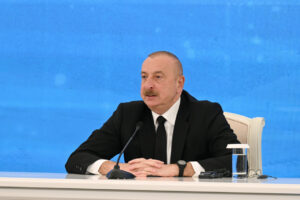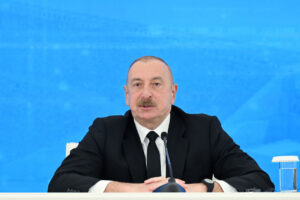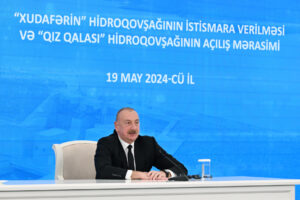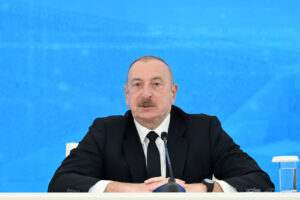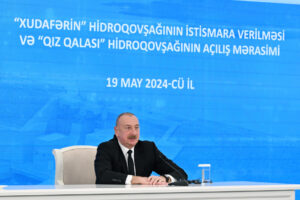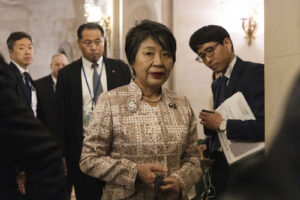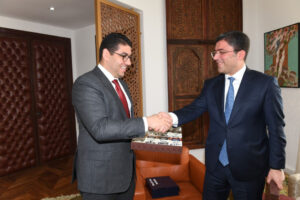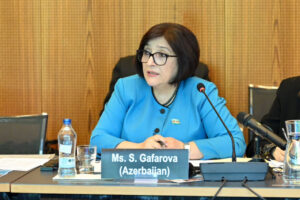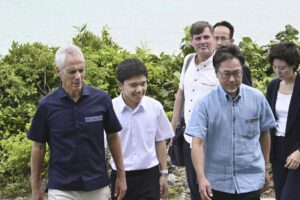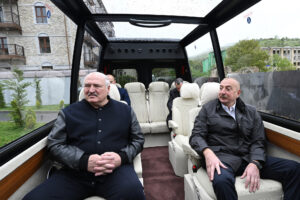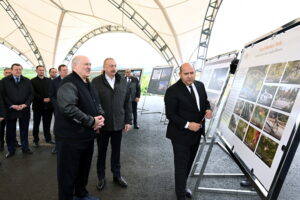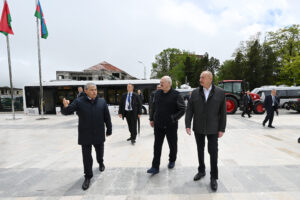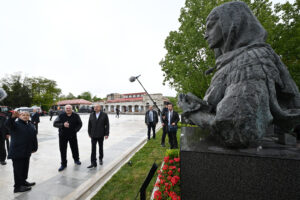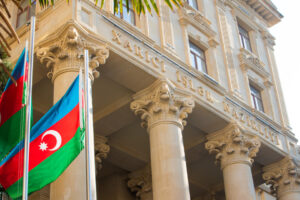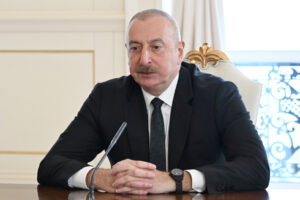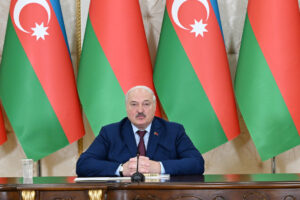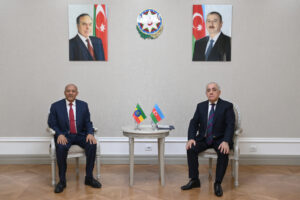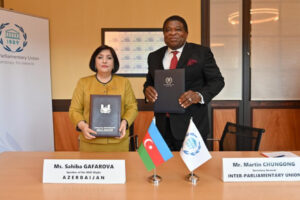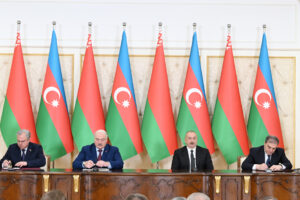Tokyo, 16 May, /AJMEDIA/
The Group of Seven leaders are set to hold three outreach sessions with their counterparts from eight guest nations, including India and Brazil, during their meeting in Hiroshima, diplomatic sources said.
The three sessions will be part of a total of nine sessions during the three-day gathering of the G7 leaders from May 19, the sources said. When the G7 summit was held in Germany last year, two sessions out of seven were open to guest countries.
Australia, Comoros, the Cook Islands, Indonesia, South Korea and Vietnam make up the other six invited countries.
The G7 members have been seeking to strengthen ties with the “Global South,” a term collectively referring to emerging and developing countries in areas such as Asia and Africa.
Issues such as China’s intensifying military assertiveness in the Indo-Pacific region, Russia’s invasion of Ukraine and food security are expected to be high on the agenda at the summit.
Most of the Global South countries have tried to avoid taking sides over the Russian war in Ukraine, amid the widening rift between a group of major developed democracies led by the G7 and the Beijing-Moscow camp.
The G7 groups Britain, Canada, France, Germany, Italy, Japan, the United States, plus the European Union.
Japanese Prime Minister Fumio Kishida, the G7 summit’s chair, has said it is “essential to cooperate with a range of partners” in dealing with issues of energy, food security and climate change, and he will “work as a bridge” between the G7 and the Global South.
On the first day of the summit, Japan is arranging for the G7 leaders to visit the Peace Memorial Park, where they will lay flowers at the cenotaph for atomic-bomb victims, and the Hiroshima Peace Memorial Museum before discussions start at a hotel, according to the sources.
They will discuss regional affairs and the global economy on the first day, with Ukrainian President Volodymyr Zelenskyy expected to join a session online to discuss the war in the Eastern European nation, the sources said.
The second day’s talks will cover economic security, such as beefing up supply chains for semiconductors, as well as food, public health, development assistance, gender issues and climate change, while peace building will be addressed on the third day, according to the sources.
Kishida, who represents a constituency in Hiroshima, has a signature vision of a world without nuclear weapons and he plans to discuss nuclear disarmament and nonproliferation at a session, the sources added.
The heads of seven international organizations, including the United Nations and the International Monetary Fund, have also been invited to the summit.




